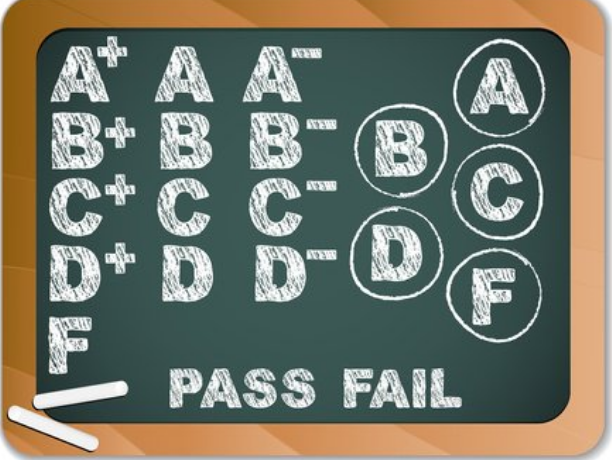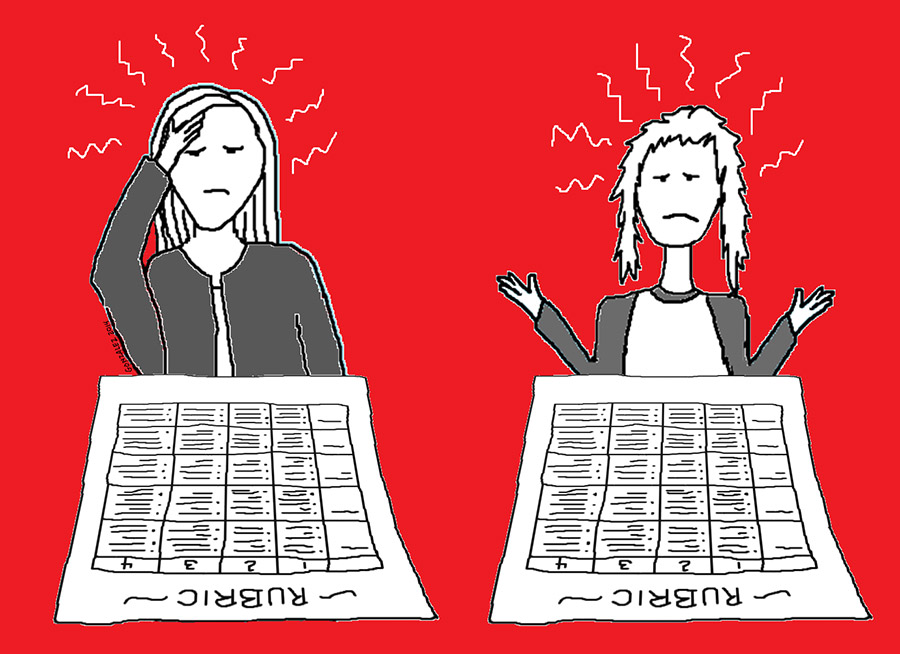12 Feb Multiple Grades: The First Step to Improving Grading & Reporting
Originally Published on February 4, 2018, in Education Week. Imagine going to your physician for a medical examination. During the exam, the physician records data on your height, weight, blood pressure, and heart rate, and asks you questions about your lifestyle and how you are feeling....











